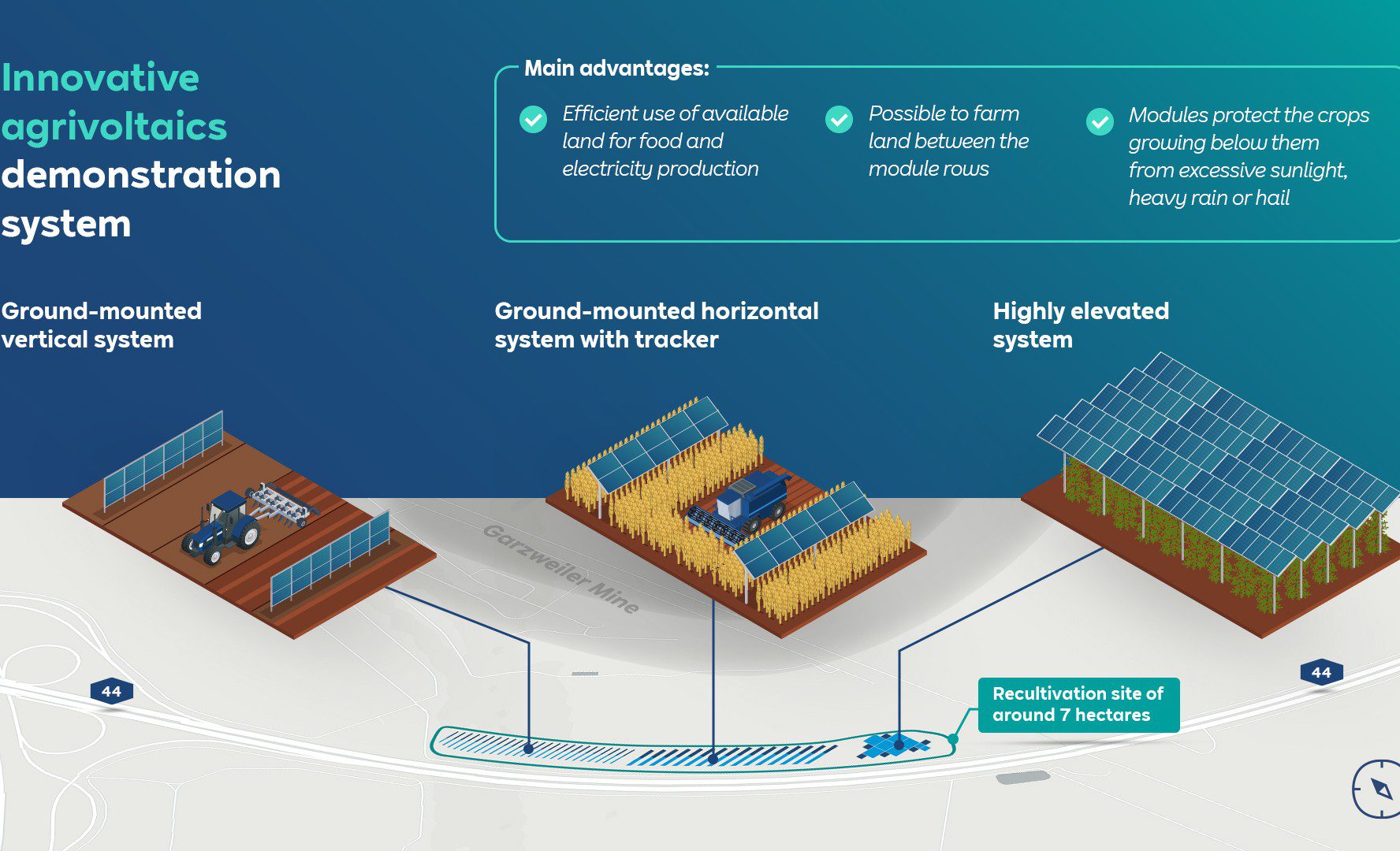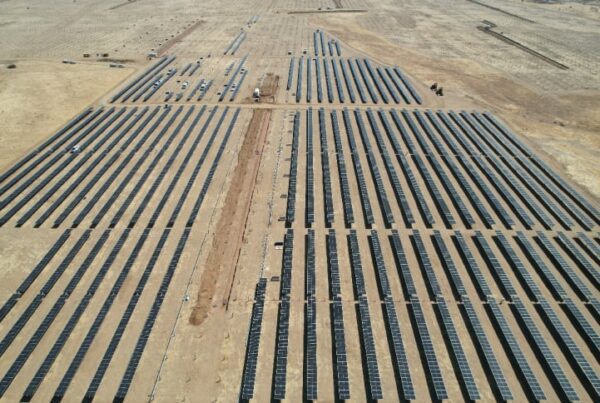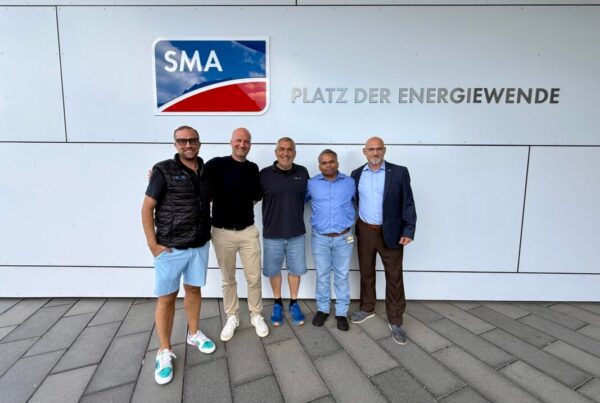
December 29 (Renewables Now) – German power group RWE AG (ETR:RWE) is planning to build a 3-MWp demonstration agrivoltaic plant on recultivated land at a mine in North Rhine-Westphalia to test technical solutions for solar power generation in tandem with agricultural and horticultural activities.
The facility will be set up on about seven hectares at the Garzweiler Mine in the Rhenish lignite mining region with construction planned to begin in the summer of 2023, RWE said last week.
The Essen-based energy group is partnering with research centre Forschungszentrum Juelich which already operates a small agri-PV plant in the region. The project is funded by the state of North Rhine-Westphalia.
The planned agri-PV park will consist of three systems — the first installation will feature a vertical ground-mounted system that enables the use of harvesting machinery between the module rows. A second system will consist of horizontally mounted modules that are automatically tracked to follow the sun over the day to ensure higher energy yields. The third system will enable the cultivation of crops such as raspberries or blueberries below the solar modules which will be installed on a high substructure.
With the project, RWE aims to gain insights about suitable crops, the optimal design of the solar system and the best way of cooperation with farmers in order to be able to tap the potential of agrivoltaics in Germany, which is estimated at up to 2,900 GWp.
“As land is a scarce resource, we want to use this innovative demonstration project to show how agriculture and solar power go hand in hand,” said Katja Wuenschel, CEO Onshore Wind and Solar Europe & Australia at RWE Renewables.
“We also need to make sure that the right regulatory framework is in place. For example, a dedicated tender segment within the German Renewable Energy Sources Act would be helpful in taking innovative technologies such as Agri-PV to full market maturity so that this technology can make its full contribution to the energy transition in Germany,” Wuenschel commented further.
Choose your newsletter by Renewables Now. Join for free!





